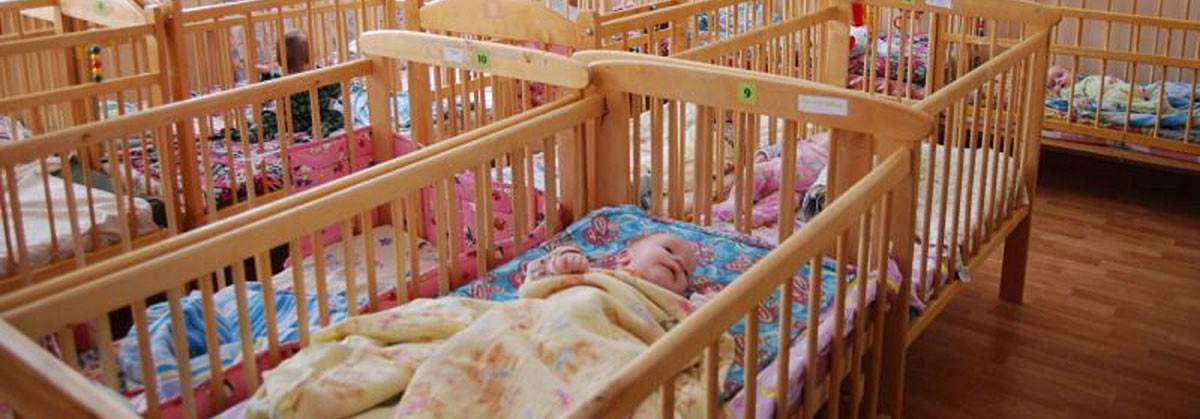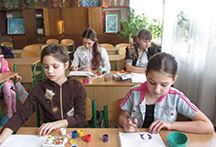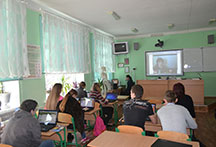Copyright @ 2015-2024 | c-spoc.org
All Rights Reserved.
180 orphanages (approximately 2,000 children)
$750,000 (Formula Dobra, SDC Foods Ltd, Ahmad Tea)

Supporting education is especially important when children have been raised in institutions, without parental care, access to schools, or knowledge gained from the outside world. Education for these children is not only about learning the skills you need for professional life, but also learning how to survive on your own, as an adult, in a new environment. When children leave institutions they find themselves completely cut off from the world, without friends and family to support them. This often leads to depression with serious consequences. Many children fall to ill fate; they fail to find work, become homeless, get caught up in the criminal justice system, or become victims of trafficking and abuse. Our programs focus on education, health and enterprise to support children through their transition into a new adult environment . This enables them to live independently , and develop a sense of belonging .

In Siberia, staff from orphanages in remote villages attend Conferences held in St Petersburg, Moscow and Sochi. Leading national and international experts in the field are invited to give talks and run training workshops for them.
“I was impressed by how much enthusiasm and personal dedication participants showed, how quickly they absorbed the training, and how keen they were to do their very best to improve lives of the children in their homes.”
Dr Anastasia Bem, Consultant Paediatrician NHS, UK, on her experience as a trainer in the Sochi Conference.

In collaboration with the University of Kiev, we run distance learning tutorials for children living in remote orphanages. Kids use the program to support their schooling and get into higher education.

Distance Learning connects orphanages in remote regions with teachers from Moscow. Children are provided with private online tutorials in subjects they are passionate about.
In an effort to help children acclimatise to independent living, we have set up socialisation flats in some of the orphanages in Russia. The flats are equipped with fully functioning kitchens, washing facilities and separate bedrooms for each child. Small groups of children from the orphanage live there for a few weeks at a time, learning how to cook, clean, and manage their own living space. The kids are even given money at the beginning of their stay so they learn how to budget and account for their living expenses.
Young People are At the Crossroads:
A countrywide program which aims at creating a safe space where children can voice their concerns about growing up and talk about what it means to live a healthy and happy life.
All our education programs for children living in deprived institutions around the world have the best interest of the child at their core. We work with a network of care workers, psychologists, clinicians, doctors, artists, musicians and entrepreneurs to fill the gaps which were left when these children were abandoned.
We aim to give children the skills they need to live independently as adults when they leave the institutions.
Our programs help kids take ownership of their own futures. We encourage them to build a life that breaks the poverty cycle, so they can support their own children in future.